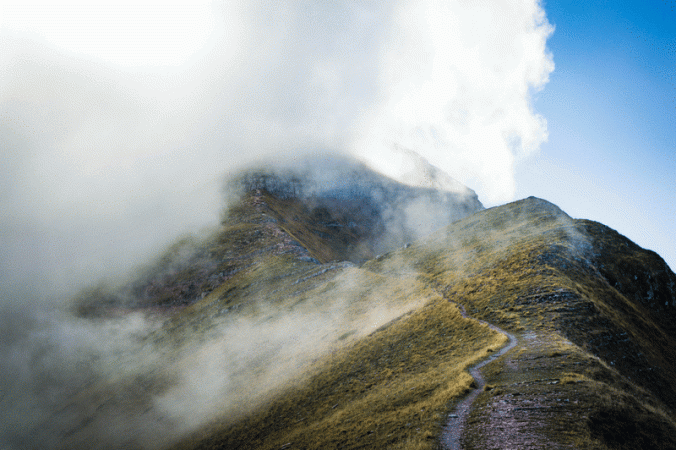 It is true what Joan Didion said about losing a loved one: “Life changes in the instant. The ordinary instant.” Life changes; the loved one is gone, and with that person a trove of shared moments, conversations, questions, unfinished business, the possibility of a future together. Life changes irrevocably in the ordinary instant, and yet for the bereaved, moving into that altered life is at first an impossible task. The bereaved must change too, but it is not an instantaneous change, and the circumstances leading up to it are seldom ordinary.
It is true what Joan Didion said about losing a loved one: “Life changes in the instant. The ordinary instant.” Life changes; the loved one is gone, and with that person a trove of shared moments, conversations, questions, unfinished business, the possibility of a future together. Life changes irrevocably in the ordinary instant, and yet for the bereaved, moving into that altered life is at first an impossible task. The bereaved must change too, but it is not an instantaneous change, and the circumstances leading up to it are seldom ordinary.
The unnamed narrator in Sigrid Nunez’s much-celebrated novel, The Friend, stands at the threshold of change after losing her friend and mentor to suicide. She is joined in grief by a melancholy Great Dane named Apollo, whom she inherits unexpectedly and who waits at the door in her too-small apartment for his lost master to return. He is a good analogy for the grieving process, for in his gigantic form he embodies the kind of presence that comes uninvited, demands attention, disrupts routine, behaves inscrutably, and has the power of ferocity and tenderness at once. […]
 When Margaret Atwood introduced The Handmaid’s Tale in 1985, she called it an “antiprediction,” explaining: “If this future can be described in detail, maybe it won’t happen.” The last few years have seen a slew of laws and rulings restrict women’s sexual and reproductive rights in numerous states and anti-women measures and sentiments echoed in the highest offices of the federal government—developments that seem eerily reminiscent of the world Atwood described. Two recent novels, Red Clocks and The Power, build on the genre of The Handmaid’s Tale by reimagining the fate of female agency with the urgency of our time.
When Margaret Atwood introduced The Handmaid’s Tale in 1985, she called it an “antiprediction,” explaining: “If this future can be described in detail, maybe it won’t happen.” The last few years have seen a slew of laws and rulings restrict women’s sexual and reproductive rights in numerous states and anti-women measures and sentiments echoed in the highest offices of the federal government—developments that seem eerily reminiscent of the world Atwood described. Two recent novels, Red Clocks and The Power, build on the genre of The Handmaid’s Tale by reimagining the fate of female agency with the urgency of our time.
 This week for the Ploughshares blog, I wrote about Helen MacDonald’s H is for Hawk and Max Porter’s Grief is the Thing with Feathers. In both works I found uncanny depictions of the way grief perches in the heart. Read over at the Ploughshares blog
This week for the Ploughshares blog, I wrote about Helen MacDonald’s H is for Hawk and Max Porter’s Grief is the Thing with Feathers. In both works I found uncanny depictions of the way grief perches in the heart. Read over at the Ploughshares blog 

You must be logged in to post a comment.